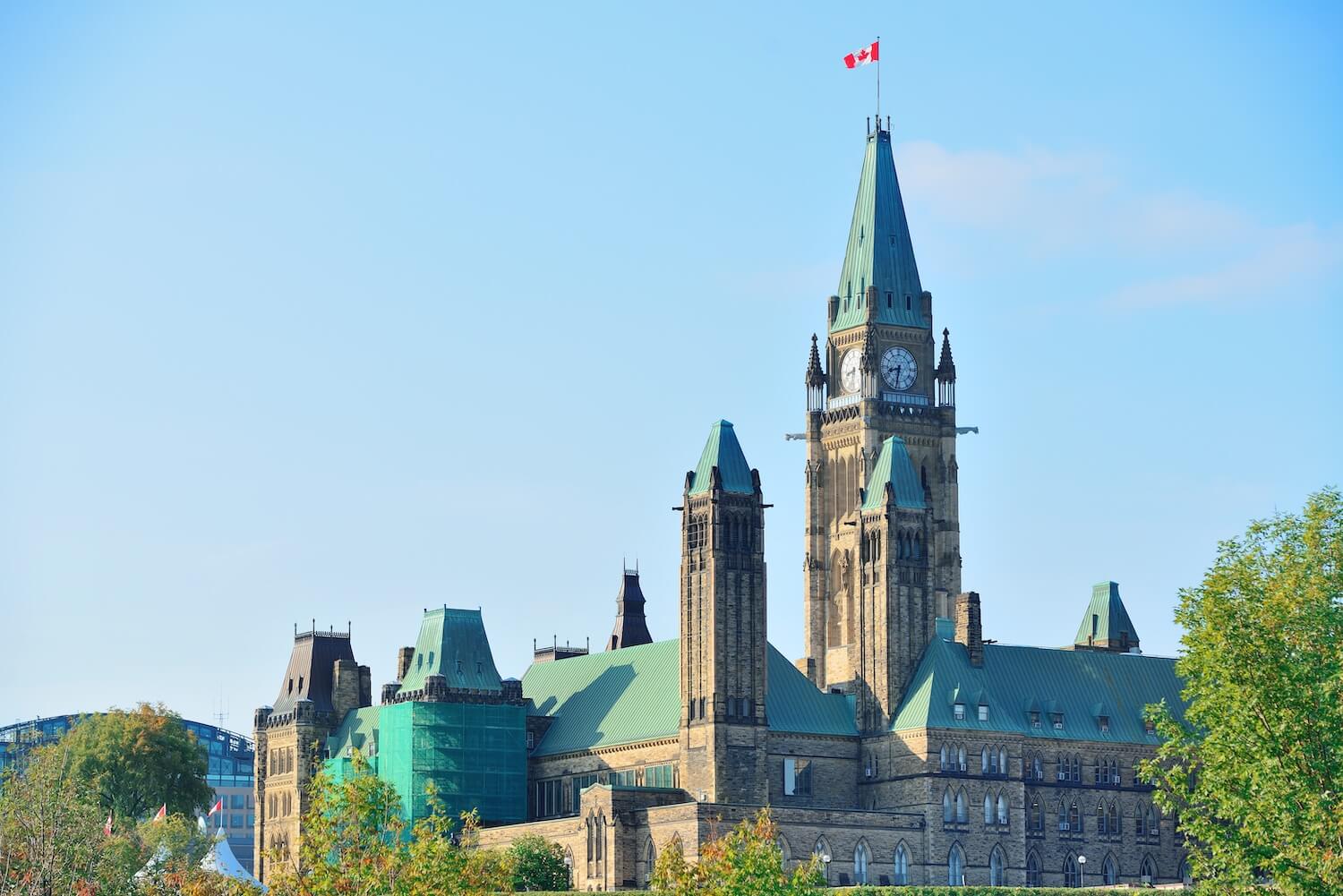Why Saving Matters
At its core, saving money provides a financial cushion for unexpected expenses. Emergencies such as job loss, medical bills, or home repairs can arise at any time, and having adequate savings can prevent individuals from falling into debt. Beyond these personal benefits, a higher savings rate contributes to economic stability by reducing reliance on credit and government assistance programs.
Unfortunately, in the U.S., savings rates have been on the decline. During the pandemic, savings surged due to government stimulus packages, but post-pandemic trends show a significant drop. Many Americans have returned to a spending-heavy lifestyle, leaving themselves little financial breathing room. In contrast, other developed nations have seen an increase in savings rates post-pandemic, highlighting the need for a cultural shift in financial habits.
The Economic Benefits of Saving
A strong culture of saving does more than just help individuals—it strengthens the economy in several ways:
Reduces Economic Volatility
When people have savings, they are less likely to cut back on spending during economic downturns. This consistent spending helps businesses stay afloat and stabilizes the economy.
Encourages Investment and Growth
Savings don’t just sit in bank accounts—they are often reinvested into the economy through banks, which lend money to businesses for expansion and innovation. Higher savings rates mean more capital is available for entrepreneurs and corporations, fostering economic growth.
Decreases Dependence on Government Assistance
When people save, they are better equipped to handle financial difficulties without relying on government bailouts or social programs. This reduces the strain on public resources and ensures that aid is available for those who truly need it.
Mitigates Inflationary Pressures
Excessive spending, particularly when fueled by credit, contributes to inflation. When consumers prioritize saving, demand for goods and services is moderated, helping to control inflation and maintain a balanced economy.
Barriers to Saving in the U.S.
Despite its importance, saving money remains a challenge for many Americans. Some of the key barriers include:
Low Wages vs. High Cost of Living: Many families struggle to cover basic expenses, leaving little room for savings.
Consumer Culture: Advertising and social pressure encourage spending over saving.
Lack of Financial Education: Many people lack knowledge about budgeting, investing, and the long-term benefits of saving.
Government Policies: Frequent economic bailouts and low interest rates have discouraged saving by making credit more accessible.
How to Build Better Savings Habits
Improving savings habits requires both individual effort and systemic change. Here are some practical steps you can take to enhance financial stability:
Create a Budget – Track income and expenses to identify areas where savings can be increased.
Automate Savings – Set up automatic transfers to a savings account each month.
Prioritize Emergency Funds – Aim to save at least three to six months’ worth of expenses.
Reduce Unnecessary Spending – Limit impulse purchases and distinguish between wants and needs.
Take Advantage of Retirement Accounts – Contribute to 401(k) plans or IRAs to build long-term financial security.
Encourage Policy Changes – Support policies that promote financial literacy and incentivize savings.
Saving money is not just a personal responsibility—it’s a key factor in economic stability. By developing strong savings habits, individuals can secure their own financial future while contributing to a healthier economy. The U.S. must move away from a consumption-driven culture and prioritize financial literacy and responsible saving. With a collective effort, we can build a more stable and prosperous society for generations to come.
Book a free consultation with a Guardian Tax Professional today to get clear answers to your unique situation.



























